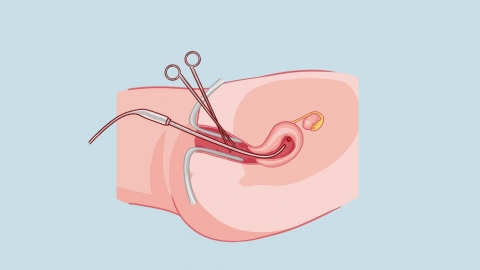Can I eat tamarind after undergoing a D&C procedure?
After a dilation and curettage (D&C) procedure, acidic foods generally should not be consumed if the patient is still in the recovery period. If the body has largely recovered, acidic foods typically can be consumed. If any discomfort occurs, it is recommended to seek medical attention at a hospital promptly and follow the doctor's instructions for further management.

Acidic foods like tamarind have a sour taste and may be somewhat irritating. Following a D&C procedure, a woman's body is relatively weak, and gastrointestinal function is diminished. Consuming strongly irritating foods at this time may increase the burden on the gastrointestinal tract and hinder recovery. After a D&C, women need to replenish adequate nutrition to promote recovery. Although tamarind contains certain nutrients, its irritating nature and difficulty in digestion make it less than ideal as a postoperative food.
If a woman has passed the recovery period after the D&C surgery, is in good health, and has no obvious discomfort, moderate consumption of tamarind is generally safe. Tamarind is rich in vitamin C and minerals, which can help boost immunity and promote wound healing. However, ensure the tamarind is fresh and clean, and consume it in moderation to avoid indigestion caused by excessive intake.
It is recommended that fresh vegetables and fruits be appropriately included in the postoperative diet, as they are rich in vitamins and dietary fiber, which help promote metabolism and prevent constipation.




